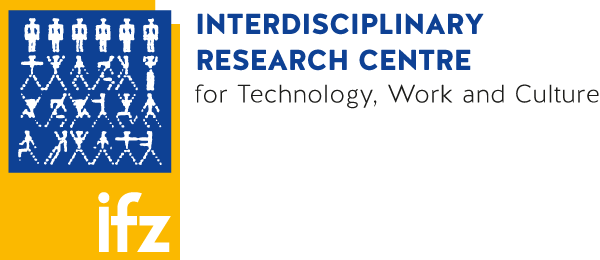Climate-friendly local supply in the Triester district
The Triester neighbourhood centre (association "Illusions") and the IFZ are currently dealing with the question how the supply of regional, environmentally friendly and affordable food in the Triester neighbourhood can be improved.
FFG Ökocheck (Fördergeber)Verein Illusion, Stadtteilzentrum Triester (Auftraggeber)
2021-2022
Verein Illusion, Stadtteilzentrum Triester
Das IFZ ist Subauftragnehmer des Vereins Illusion.
Various environmental and climate change related problems require that the consumption of food and its production become more sustainable. However, against the backdrop of current pricing, this makes food somewhat more expensive, which on the one hand disadvantages low-income groups, and on the other hand increases the price pressure, especially on small farms.
Direct access to healthy, regional and sustainably produced food is more difficult for disadvantaged population groups, especially in urban areas: either the prices are not affordable for them (or too high in comparison to highly subsidised conventional food), or they lack of information about alternative shopping options. In addition, direct sale services are often difficult to integrate into everyday life in terms of time and space - e.g. a supermarket is often closer and has longer opening hours than a farmers' market.
One option to improve access is to promote food supply models that bring consumers and producers closer together. Examples of this would be a farmers' market, a farmers' shop, a food cooperative, (milk) vending machines and such like services. The direct relationship saves costs for transport, processing and trade. High-quality, regional and fresh food can thus be offered at a lower price, while still ensuring an adequate income for small farms and strengthening the regional economy. Such direct supply services also offer potential benefits for the community in the neighbourhood, as they can become places of encounter.
Between March 2021 and February 2022, we will develop solutions together with residents, local suppliers, direct marketers, restaurateurs, the Gries district council, the responsible offices of the City of Graz and other bodies. To this end, we conduct interviews and surveys and organise food-related events where we talk about the food supply and possible improvements in the neighbourhood in a cosy atmosphere over a good meal.
